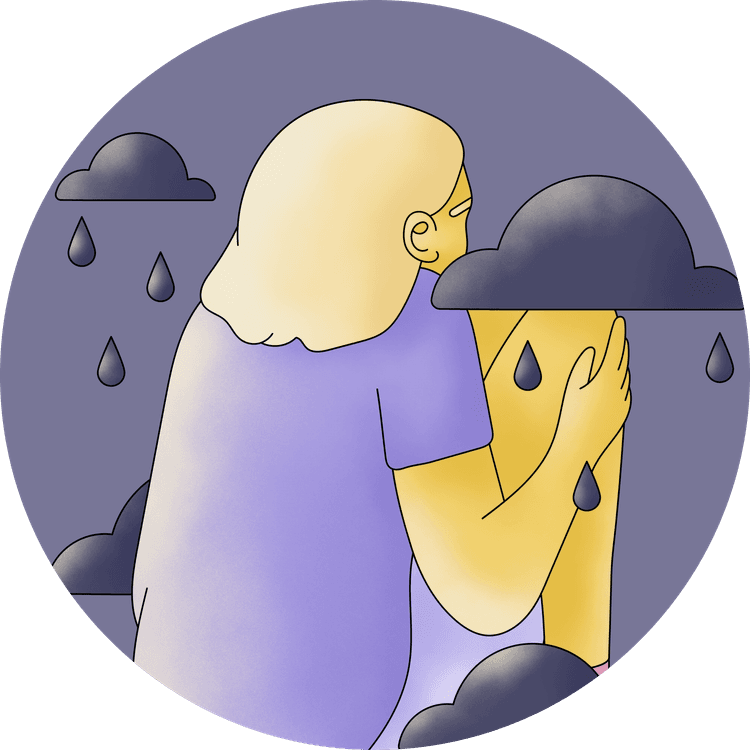
Anxiety's Impact on Sleep?
Anxiety has a tendency to overtake the mind and disrupt all sorts of everyday functions, and sleep is not excluded from its onslaught. Even relatively relaxed and easy-going people will report nights where before going to bed they are suddenly seized by all sorts of regrets and past failures that did not seem very problematic at the time they occurred.
The state of the mind prior to sleep sometimes gets in a “cleaning-out-the-house” mode before going to sleep and this may lead it to bringing up all sorts of miscellaneous, bygone memories.
The Danish philosopher Soren Kierkegaard famously quipped that anxiety is “...the feeling of being threatened yet unable to know from where the danger arises.” In essence, fear without an object. Anxiety may produce certain objects and articles that spark our alarm and demand our attention prior to going to sleep, yet it would seem these are merely symptomatic of something much deeper and existentially amiss in our lives.
For all the comforts of modern life, it also tends to bring with it a strange, particular amount of anxiety that in ages past had very concrete, real, everyday objects upon which it could be focused as mere fear.
This would point to the idea espoused by thinkers such as Nietzsche, Freud, or Ted Kaczynski, that without sufficient, real external struggle, the human mind and spirit deteriorates and experiences internal struggle that otherwise would be satisfied in the outer world.
The bargain we make as moderns, then, is choosing the internal world, that of psychological issues brought about by the easy life of modern living in a body otherwise made for surviving a harsh life in the wild.
For all the threats to everyday life those before us may have dealt with, it is not unimaginable to believe that they probably experienced better overall sleep health (to say nothing of the lack of artificial light they did not have to undergo from light pollution and electronic screen exposure).
So much for philosophy, though–what does the science say? Studies show that people with anxiety disorders (one of the most commonly diagnosed groups of psychological disorders) can lead to physical manifestations of, “tense muscles, rapid breathing and heartbeat, sweating, trembling, gastrointestinal distress, and fatigue.”
Notably, there is a high correlation between anxiety and depression. Half of those diagnosed with depression are also diagnosed with some type of anxiety disorder. Furthermore, “Research indicates that anxiety and pre-sleep rumination may affect rapid eye movement (REM) sleep.”
It can also lead to more disturbing dreams that hinder restful sleep or even disrupt sleep cycles altogether. This becomes cyclical, because frequent nightmares cause individuals to have more anxiety about going to sleep prior to going to sleep, etc. It goes the other way, too. Sleep disorders in those without anxiety issues may lead to the onset of anxiety issues. Fear truly is the mind-killer!
Meditation, playing white noise or calming music, aromatherapy, a hot bath, etc., prior to going to bed can help reduce anxiety. Reducing caffeine consumption and exposure to artificial lighting and electronic screens throughout the day can also decrease anxiety and also leads to better sleep in general.

Dream App
Free dream interpretations

(1,213)




